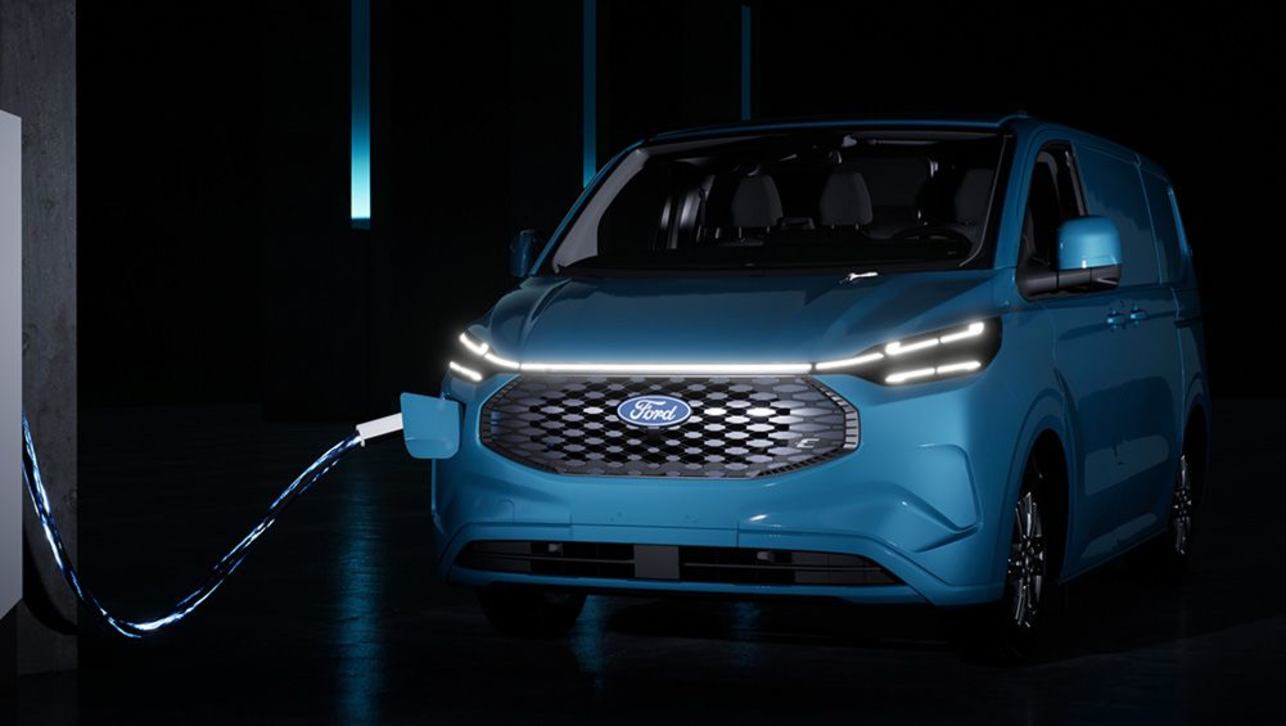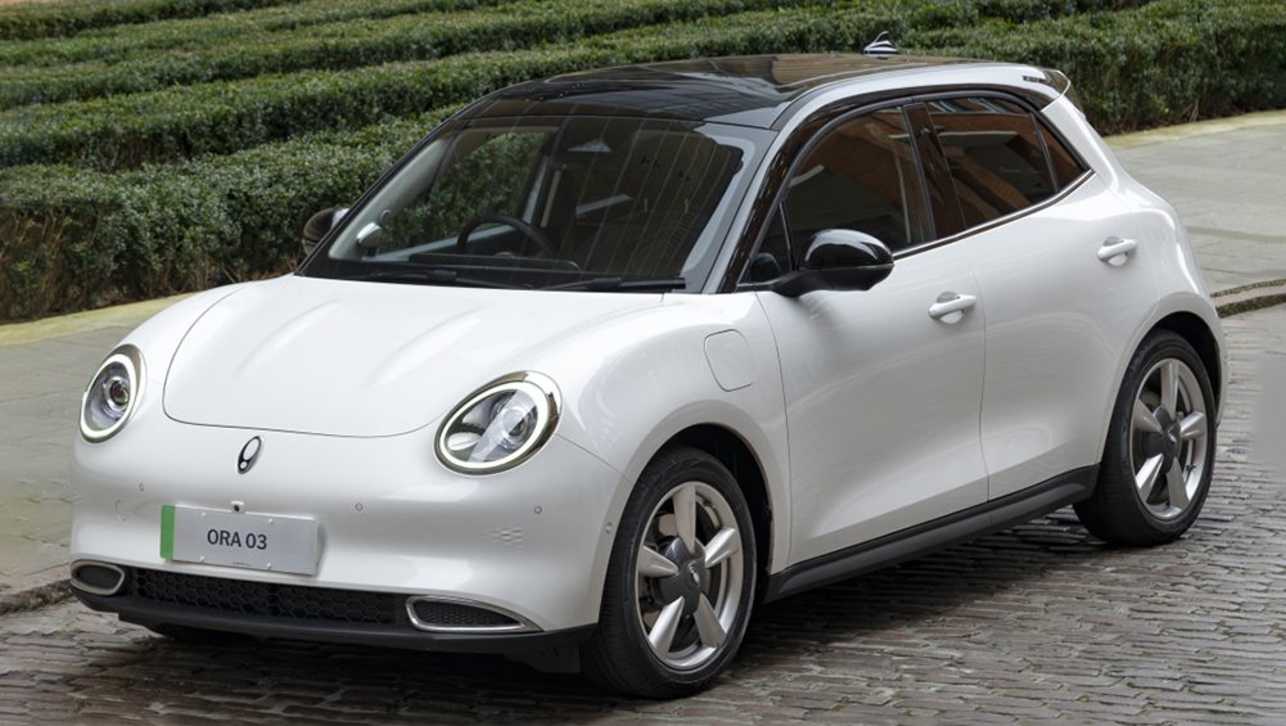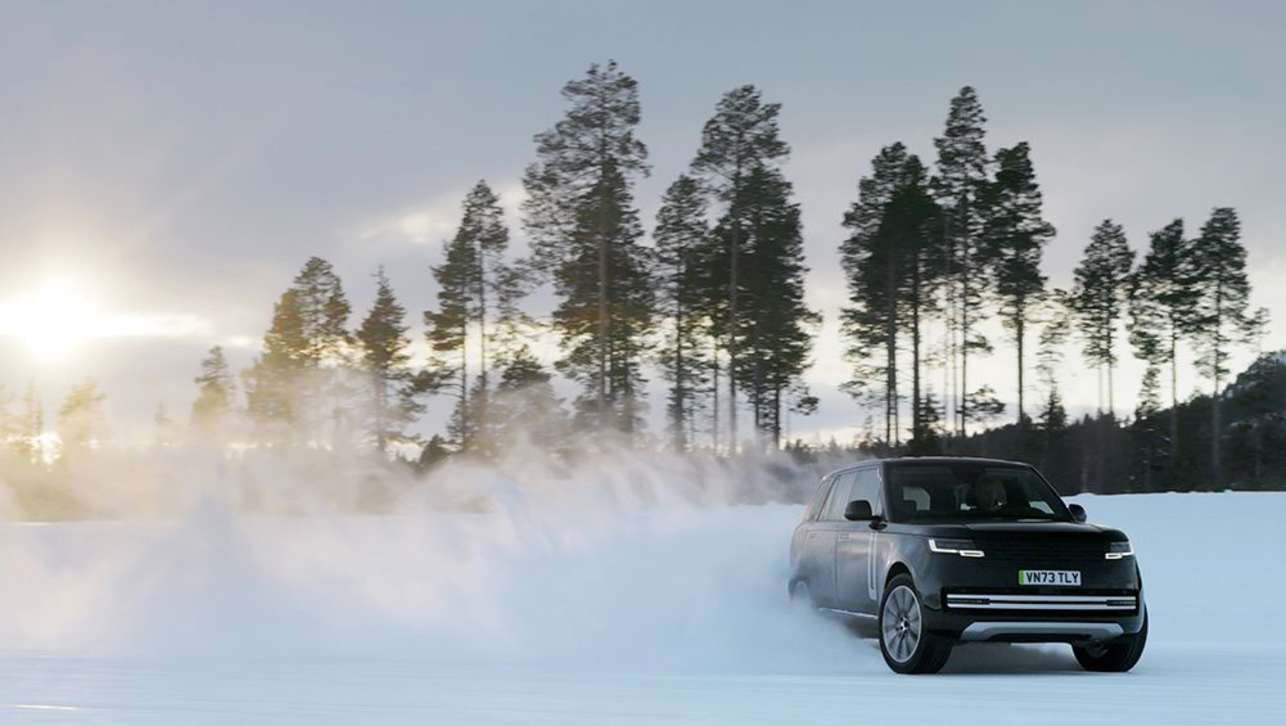Ford wants to build “insanely great” electric vehicles, even if they’re not as environmentally friendly as they could be.
That’s because it believes customers are choosing exciting electric vehicles rather than ones that are seemingly more efficient because they aren’t worried about the environmental impact of their choice.
The strategy appears to be working for the brand, with both of its electric vehicles - the Mustang Mach-E and F-150 Lightning – sell-out successes in the US and in high-demand in other markets around the world. Whereas efficiency focused smaller electric cars like the Nissan Leaf and Mitsubishi i-MiEV have struggled to become sales hits.
Darren Palmer, vice president of electric vehicle programs for the Ford Model E division, explained the company’s focus for its battery-powered models isn’t just as simple as taking an existing model and swapping the internal combustion engine for electric motors.
“The next vehicle we’re doing is an Explorer-type vehicle, and we’re working on making that insanely great,” he said. “My boss says to me, both [Ford president and CEO] Jim Farley and [head of Model E] Doug Fields, ‘if it’s like today but a bit better, it’s cancelled.’
“We use that all the time in meetings, 'if it’s like today but a bit better, cancel it.’ We’re not going to make that, it’s not the winning formula. The winning formula for Ford is picking the segments our customers love and then figuring out how to make them insanely great, to do things they've never done before.
“I could argue the first three did that, especially the Lightning. And, we believe, that’s the route to success - make people want them. There are other reasons for people to have them that are logical, but the most important thing is ‘you’ve got to have it.’”
Emma Bergg, director of communications for the company’s electric vehicle programs, addressed the metaphorical elephant in the room - people aren’t just buying EVs because they care about the environment.
.jpg)
Electric vehicles from Tesla, Porsche, Polestar and more have focused on their performance and design as much as any potential benefit to the environment. A factor that she believes is particularly true in the US market.
“There is not such a drive for sustainability in the US because, quite frankly, a lot of people don’t really care,” she said. “So, the way we think we’ll succeed is by making an insanely great product. Because people aren’t doing it because they want to be greener or have a green badge… I would say there is a generation that cares, but for the most part middle America doesn’t really care.”
She added: “In America right now, yes, we [at Ford] care about the end-to-end story, but the consumer doesn’t. Yes, we want to provide the opportunity for people to be as green as possible, but ultimately the way you’re going to get them in is by giving them something they’ve never had before.”
As Mr Palmer explained, this is why Ford has pushed down its path of making EVs that focus on design and performance, as much as efficiency, because it wants customers to choose to buy EVs out of desirability and not regulation.

“Places like the UK and Europe, for example, have put regulations in place to make you have an EV,” he said. “That’s all very nice, but we want you to want an EV. If you don’t want a [Mach-E] GT after you’ve driven it, you’ve got no blood in your veins. The thing is exhilarating in a different way to a [petrol] Mustang coupe, but it’s meant to be desirable. And our next cars are going to be the same thing, that’s our strategy.”
Mr Palmer went on to explain that all new electric Fords will need to make a compelling case to customers in terms of what they offer in addition to an internal combustion equivalent. Which is one reason why the brand is taking a slow and steady approach to its electric expansion, with the short-term focus on ramping up production of the Mach-E and Lightning to meet customer demand and increase profitability.
Beyond the Explorer-sized offering it’s understood the Blue Oval is working on a European-focused SUV that will use the same underpinnings as the Volkswagen ID.4 - as part of a joint-venture between the two companies.





.jpg)
.jpg)



.jpg)
.jpg)
.jpg)
.jpg)


.jpg)



.jpg)
.jpg)

.jpg)

_0.webp)




Comments